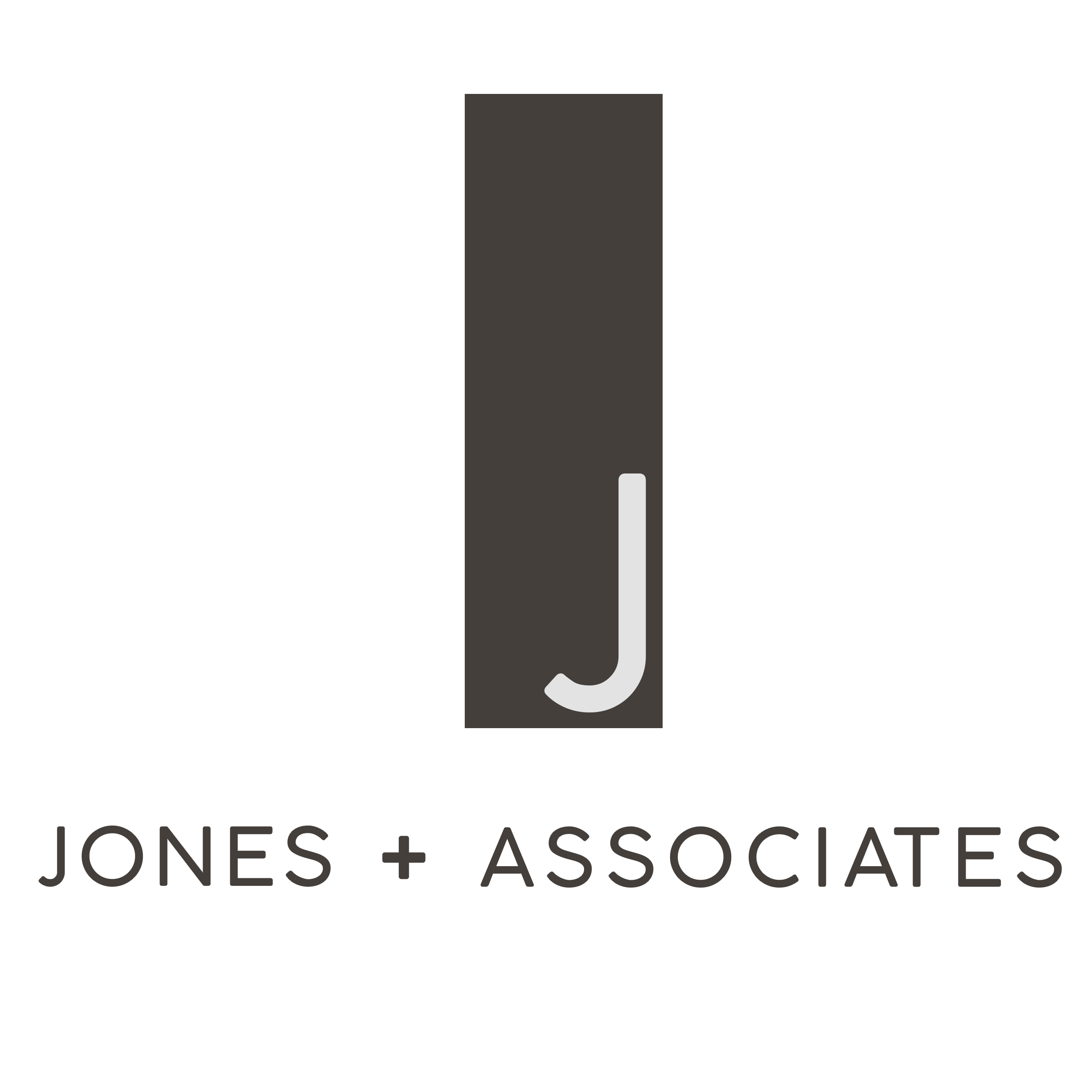Queensland is renowned for many things, including its fantastic climate, beautiful beaches and resorts. Collectively these attributes make the ‘Sunshine State’ a desirable place to live, and a national and international tourist destination.
Accordingly, there are strict rules in place to protect residents and visitors. In fact, Queensland has some of the toughest drug laws in Australia. Being charged with a dangerous drugs offence here brings the potential for significant punishment upon conviction. This makes it imperative for anyone facing such charges to enlist the help of a qualified defence lawyer as soon as possible.
Offering many years of experience in the field of criminal law, the legal Brisbane criminal lawyers team at Jones + Associates is fully prepared to help if you find yourself involved in a drug matter. Here are some important things you need to know about dangerous drugs in Queensland.
What is a dangerous drug?
For starters, you’ve got to understand how the authorities define “dangerous drugs”. The official definition can be found in the Drugs Misuse Regulations 1987 (Qld), which actually separates them into two categories (Schedule 1 and Schedule 2).
Schedule 1 drugs include but are not limited to:
- Cocaine
- Acid (LSD)
- Heroin
- Ecstasy (MDMA)
- Methamphetamine
Examples of Schedule 2 drugs are:
- Cannabis
- Opium
- Barbituates
- Tranquilizers or benzodiazepines
It’s crucial to understand the difference because Schedule 1 drug offenses tend to carry harsher penalties. This is because is the listed drugs pose a greater risk to the general public.
What qualifies as drug possession in Queensland?
In Queensland, state laws prohibit the possession of any dangerous drug. However, the term “possession” is broadly defined when used in this context. You may be accused of drug possession if:
- You are aware that the substance in question exists and has control over it. You must also be aware, or have reason to believe, that the substance in question is a drug.
- You meet the criteria specified above, but the drug/s belongs to someone else.
- The substance is discovered in your vehicle, residence, or any other property that you are in control of, even if it is not found on your person.
- You are aware or have reason to believe that there are drugs in a location that you frequent, even if the drugs don’t belong to you.
- You meet the criteria specified in any of the previous bullet points, even though you didn’t buy, use or intend to use the substance in question.
Activity classified as illicit drug supply
Numerous activities can also be classified as illicit drug supply under Queensland law. It is important to note that you don’t have to give someone drugs in return for money (or anything else of value) to be charged with supplying drugs. All you have to do is give some drugs to someone else, or offer to do so without actually relinquishing anything.
Technically, supplying illicit drugs includes the following:
- Selling, dispensing, providing, distributing, or transporting drugs;
- consenting or volunteering to do any of those things;
- preparing to dispense, provide, distribute, sell, transport or supply drugs.
Penalties upon conviction for these activities depend on several factors. These include drug quantity, who receives it, and whether the supplier benefited (financially or otherwise).
Aggravating factors – circumstances that add to the severity of the crime and carry harsher penalties – generally include those in which the supplier:
- Is an adult who provides the drugs to a minor or an intellectually challenged individual;
- provides drugs to someone who is incarcerated, or in a school, university, etc.; or
- provides it to someone who is unaware of what it is.
Drug trafficking
A point of law that is often confusing to the general public is the difference between drug supply and drug trafficking. Hence the terms are sometimes used interchangeably.
However, there is a difference and charges vary accordingly. The key difference between supplying drugs and drug trafficking is that the latter involves the ongoing supply so as to constitute a business. It is important to note not all business are profitable, therefore the lack of profits does not necessarily mean a person cannot be convicted of trafficking.
The provision of drugs in this context is often – but not always – coordinated through street gangs or similar criminal organisations. Individuals are subject to drug trafficking charges simply for buying drugs to sell to their mates.
You should also be aware that there are usually tougher sanctions upon conviction for trafficking because it is done for profit. For instance, trafficking in Schedule 1 drugs such as cocaine or heroin carries a maximum punishment of 25 years imprisonment.
Illegal drug production
In Queensland, it is not only illegal to provide and possess dangerous drugs, it is also illegal to cultivate and produce them.
Under applicable laws, cultivating illegal plants is broadly defined as any activity associated with their growth and care. This means that something as simple as watering one could be legally defined as cultivation, and you could be charged accordingly.
On the other hand, illegal drug production includes any activity associated with the manufacturing process. This includes but is not necessarily limited to preparation, assembly and/or packaging, or volunteering to assist with any aspects of the process.
You can be charged with a drug production offence no matter how limited or extensive your participation is. However, the extent of your participation, along with the number of drugs, generally determines your punishment.
Under Queensland law, you can also be charged with publishing or even having a formula for the production of an illegal or dangerous drug. If convicted, you face up to 25 years imprisonment for a Schedule 1 drug, or 20 years for a Schedule 2 drug.
Additional drug offences
In Queensland you can also be charged with a criminal offence if you are caught with drug paraphernalia or suspected drug paraphernalia. You can also be charged with a criminal offence if you allow a dwelling, building or property to be used for any purpose related to the use, sale, possession, distribution or production of drugs.
If you are facing any sort of dangerous drug charges, your freedom and your future are at stake. Contact us at Jones + Associates today on 07 3229 3166 to learn how we can help you.

